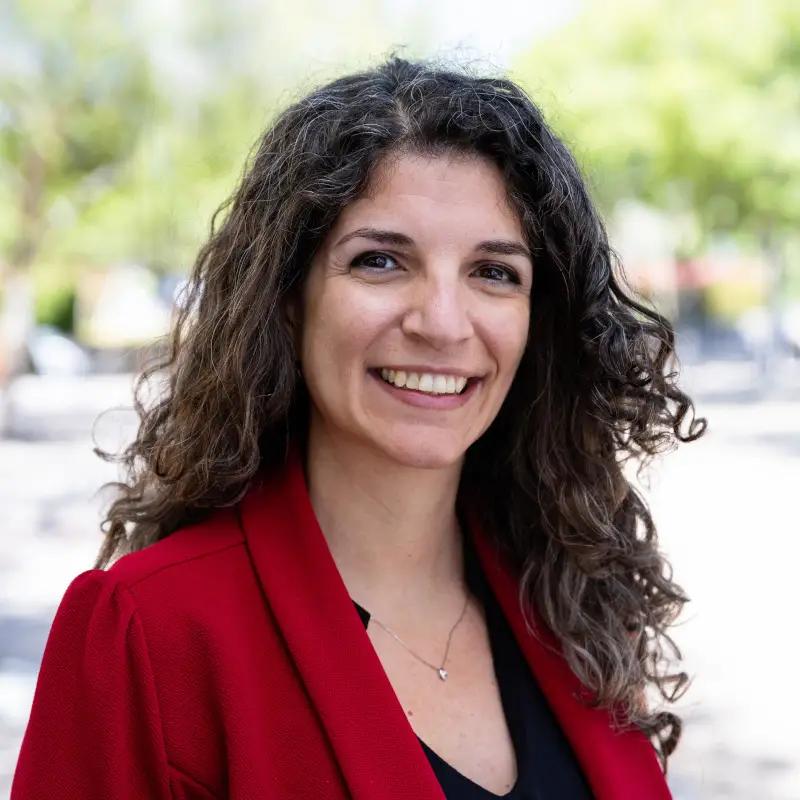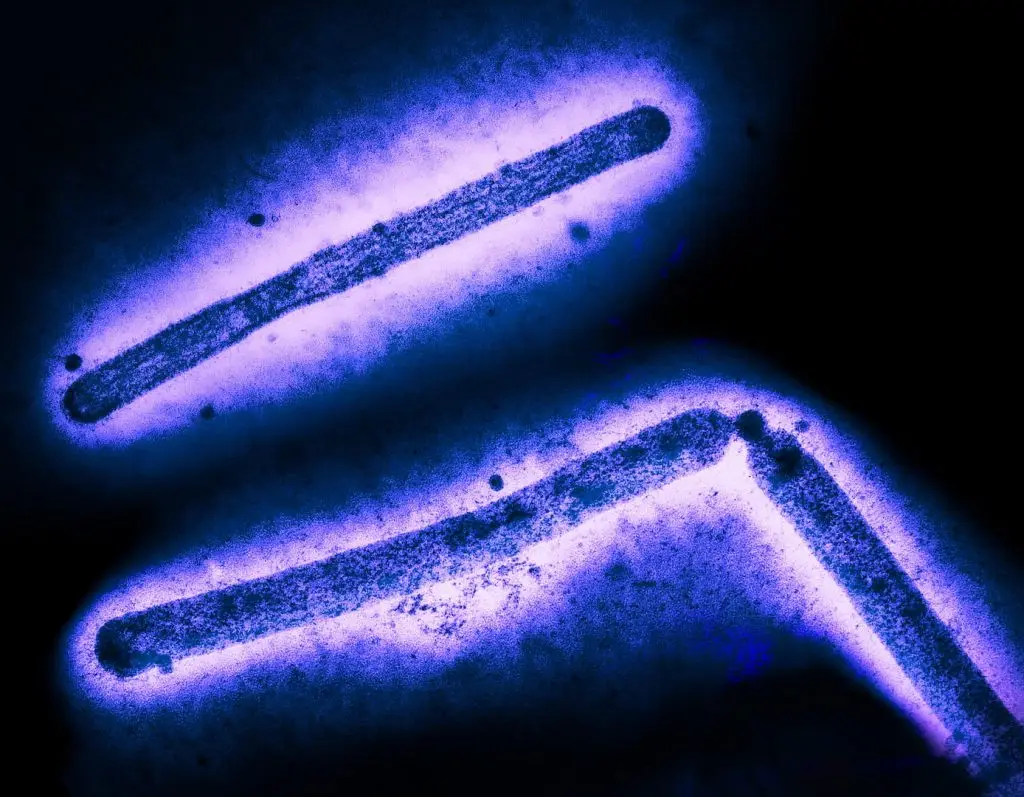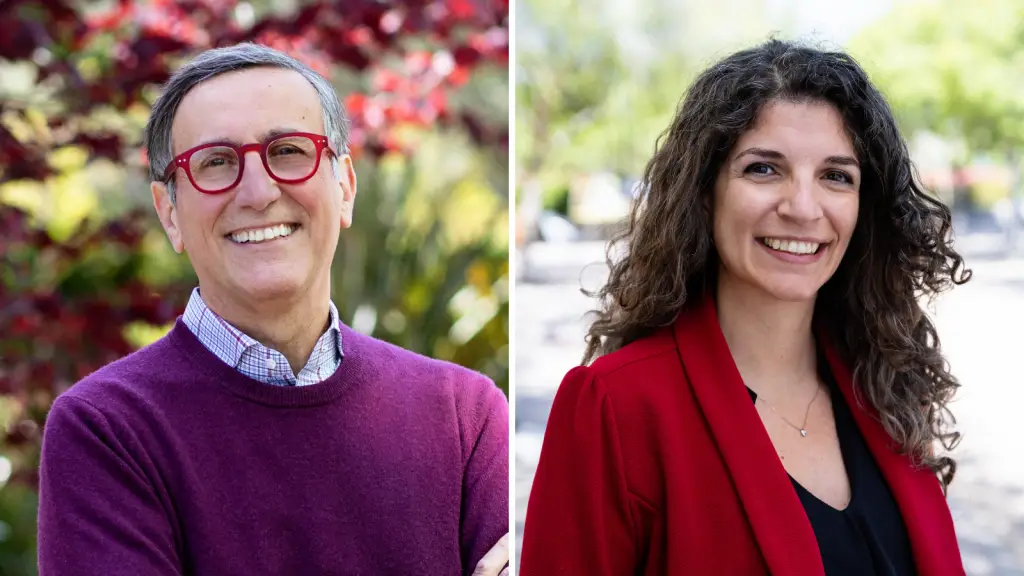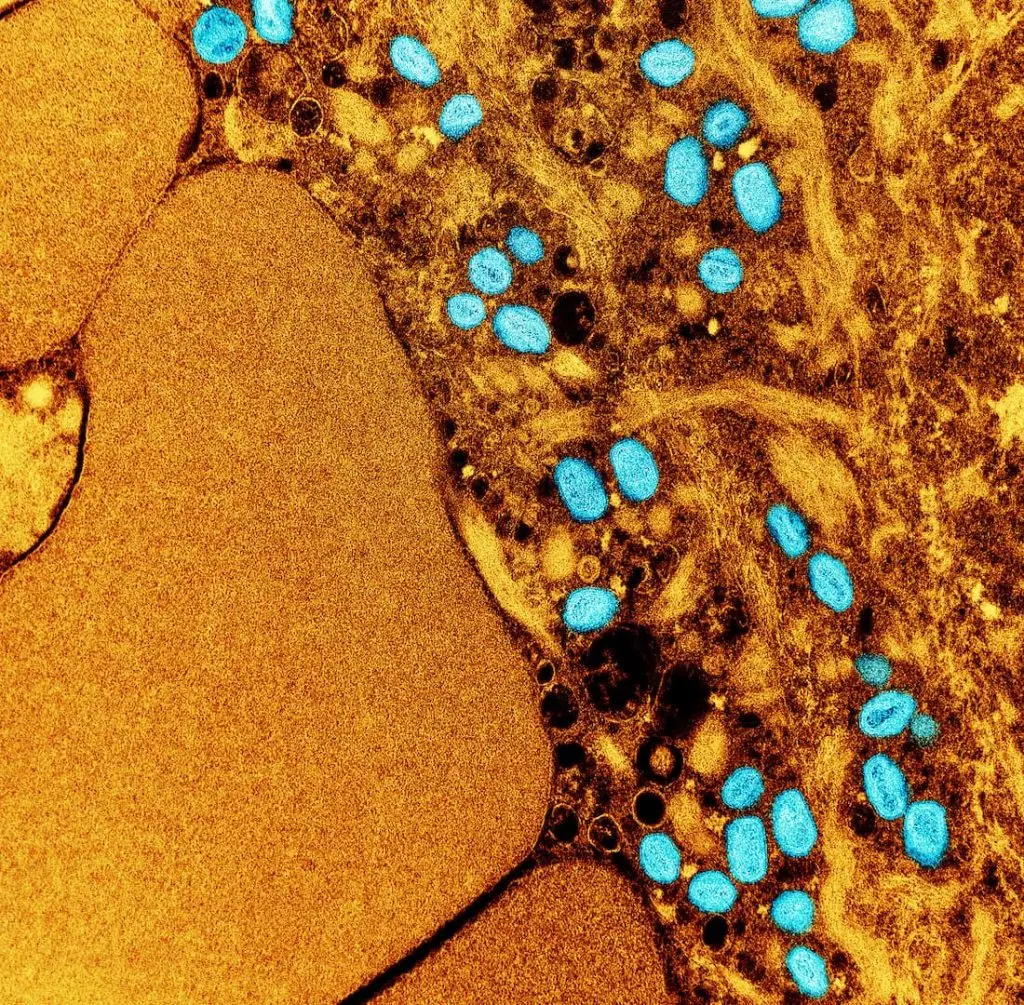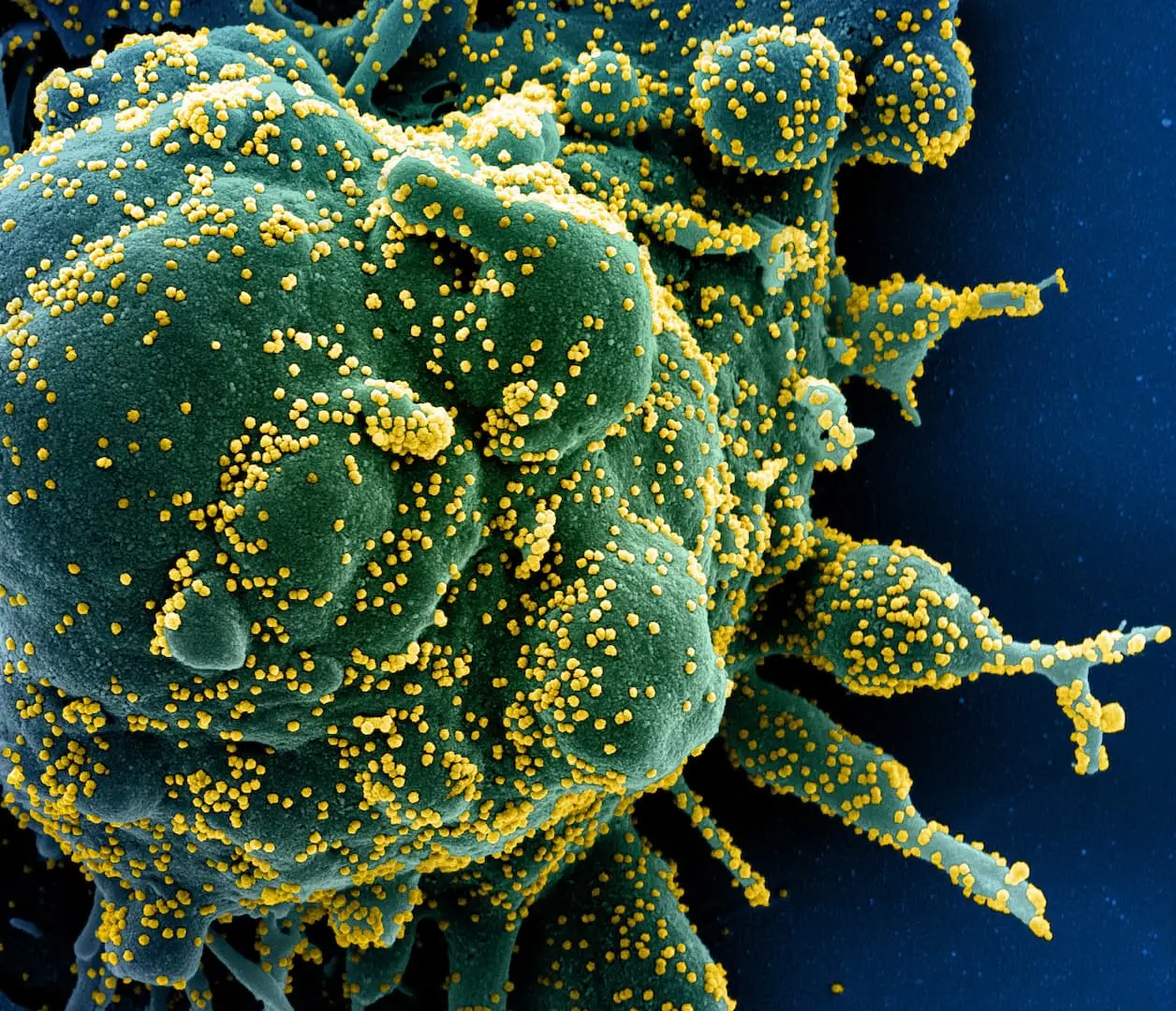My laboratory leads research into the immune responses to viral infections and particularly what portion of these viruses is recognized by T cell responses. Our work combines bioinformatics and experimental approaches to investigate responses to Coronaviruses (SARS-CoV-2 and other subgenera), Orthopoxviruses (Mpox and Vaccinia), and other emerging pathogens.
Since 2020, I’ve served on the LJI Coronavirus Taskforce to investigate T cell responses to coronaviruses, including SARS-CoV-2 and its many Variants of Concern (VOCs). I’ve worked in close collaboration with LJI faculty members Alessandro Sette, Dr.Biol.Sci., Shane Crotty, Ph.D., and Daniela Weiskopf, Ph.D., to show how the immune system fights initial infection and how T cell memory persists after infection or vaccination. This work has highlighted the importance of T cell responses in SARS-CoV-2 (Cell, 2020). These findings were further expanded to understand more in depth what proteins of SARS-CoV-2 virus are recognized by T cells, providing additional targets for future vaccine development (Cell Reports Medicine, 2021), and showing the resilience of T cells induced after COVID-19 vaccination in recognizing SARS-CoV-2 VOCs, including Omicron (Cell Host & Microbe, 2021; Cell, 2022). We are now interested in understanding how conserved are the targets inducing T cell responses across different coronaviruses, asking the question what a pan coronavirus vaccine should look like from a T cell perspective.
My laboratory’s experience in fast-paced immune response research has allowed us to launch studies into new viral outbreaks, such as the 2022 spread of mpox (formerly termed monkeypox) in North America. Our research, in collaboration with Dr. Sette, was the first to show that the vaccinia vaccine MVA-BN (brand name JYNNEOS) can also train T cells to recognize mpox (Cell Host & Microbe, 2022). These findings are key to assessing future vaccine protection and understanding immunity in immunocompromised patients.
We continue to work closely with collaborators at LJI and around the globe to enhance preparedness against emerging viral threats, illuminate the roles of T cells, and to guide future vaccine development.
